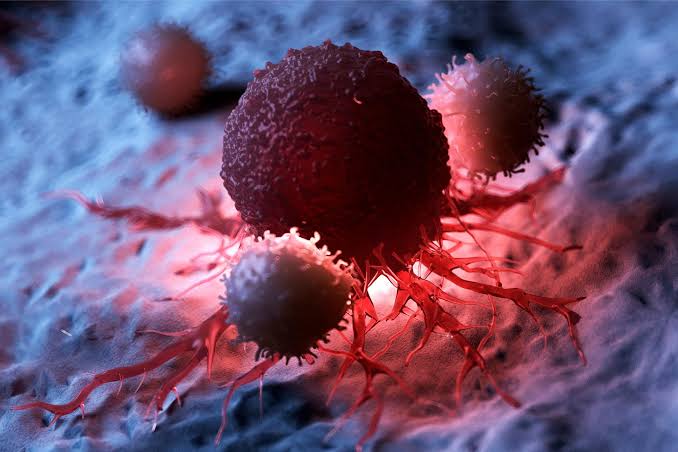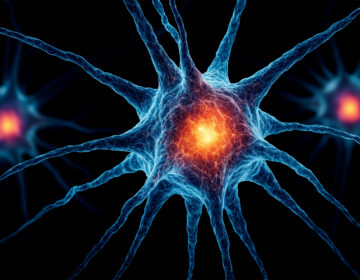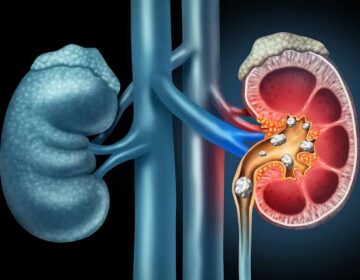Scientists have developed compounds that selectively block a crucial interaction between RAS and the enzyme PI3K, a driver of tumor growth.
Scientists have discovered a group of chemical compounds capable of selectively stopping the interaction between the cancer-linked gene RAS and a key signaling pathway that drives tumor growth.
These potential drugs have now advanced to their first human clinical trial. If proven safe and effective, they could provide a new way to treat a wide range of cancers while minimizing harm to healthy cells.
The RAS gene plays a central role in triggering cell growth pathways and is mutated in roughly one out of every five cancers. When this gene mutates, it locks the RAS protein into a permanently active state, continuously signaling cancer cells to grow and divide.
Normally, the RAS protein sits on the cell membrane and acts as the first “runner” in a chain reaction that controls cell growth. However, shutting down RAS or the enzymes it influences entirely can produce unwanted side effects, since these same pathways are essential for normal cell function.
One such enzyme, known as PI3K, also works with insulin to regulate blood sugar, so blocking it too strongly can lead to hyperglycemia.
A Precise Way to Interrupt the RAS–PI3K Connection
But in their work, published in Science, the research team used a combination of chemical screening and biological experiments to find and test compounds that can block the interaction between RAS and PI3K without causing side effects on healthy cells.







